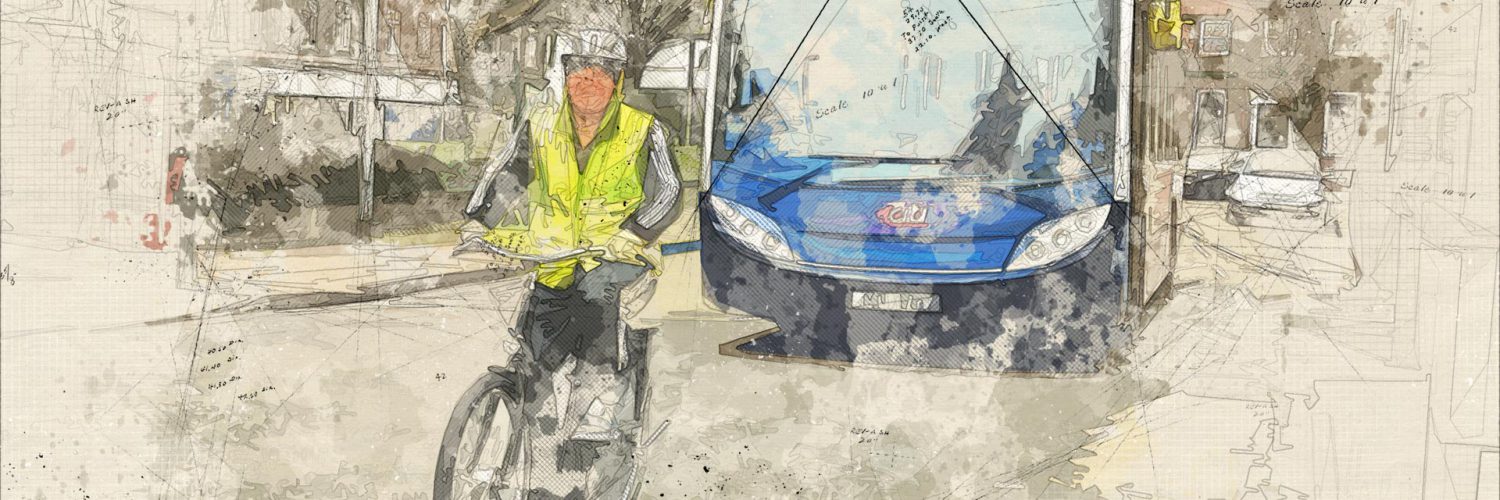Sometimes we don’t appreciate what a great example Santa Claus sets. All those presents from his toymakers are gathered together at a single distribution centre. Elves group the deliveries by chimney, and these deliveries get distributed around town in just one night by a single, non-polluting vehicle.
For the rest of the year, humans make a real mess of things. Every manufacturer sends vans and lorries direct to the recipient, clogging the city streets and making everyone receive a stream of individual drop-offs, all day long. In 2015, lorry traffic saw the largest year-on-year increase since the 1980s. Van traffic has grown faster than any other vehicle type since 2005. What’s more, HGVs in our narrow streets are a genuine danger to pedestrians and cyclists – and they don’t even need to be there, often dropping off just a fraction of their cargo as part of an all-day run across the whole region.
It’s pointless for transport planners to be working out how to get commuters and shoppers out of their cars, if the gaps will just be filled by the growing number of delivery vehicles on our streets. So what can we do?
The solution is for deliveries to be made to ‘hubs’ just outside the city, like the John Lewis site at Trumpington. Manufacturers and suppliers will be delighted not to have to send their polluting juggernauts into the city to make just one or two drop-offs, and can pay for the privilege. Businesses in the city can benefit from consolidated deliveries, and may be incentivised to receive them at more convenient times.
All the city needs to do is to bring it all together. The technology to manage the distribution exists. More acceptable delivery vehicles also exist: Outspoken Delivery has been operating in Cambridge for years, using specialist cargo-bikes and electric vehicles. Hubl is creating a consolidation and distribution depot in Duxford.
We don’t need to reinvent the wheel. So many of the methods which could revolutionise transport in our city have already been demonstrated elsewhere. Here’s an example in Gothenburg. Santa needn’t have a once-a-year monopoly on smarter goods distribution.
This article was first published in the Cambridge Independent on 21 December 2016.



Add comment